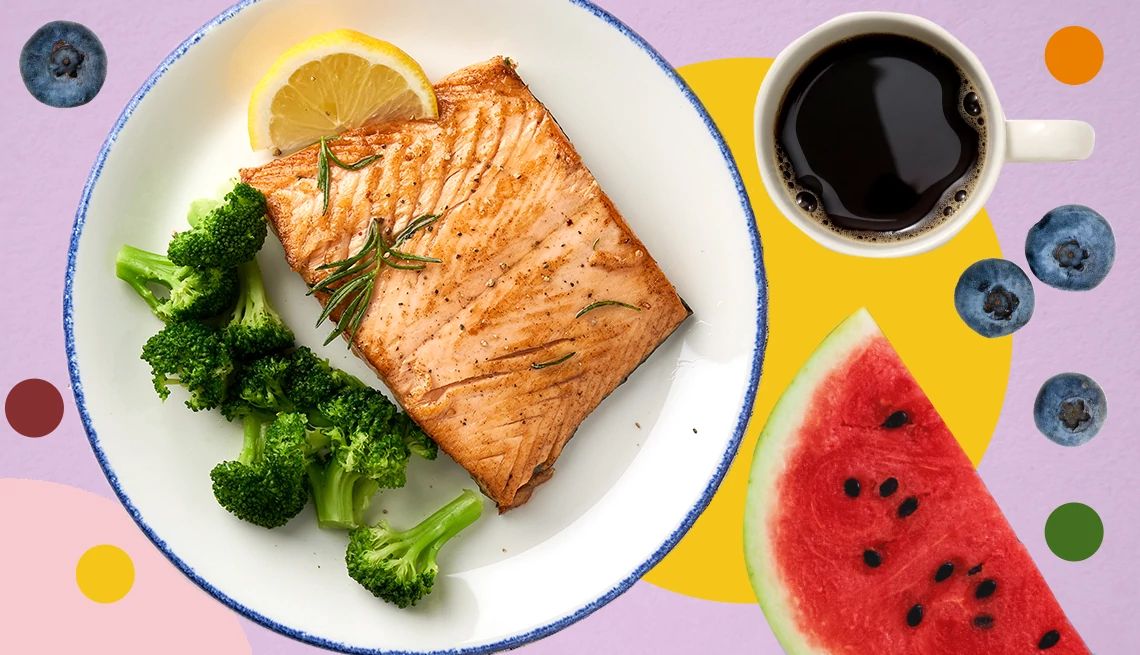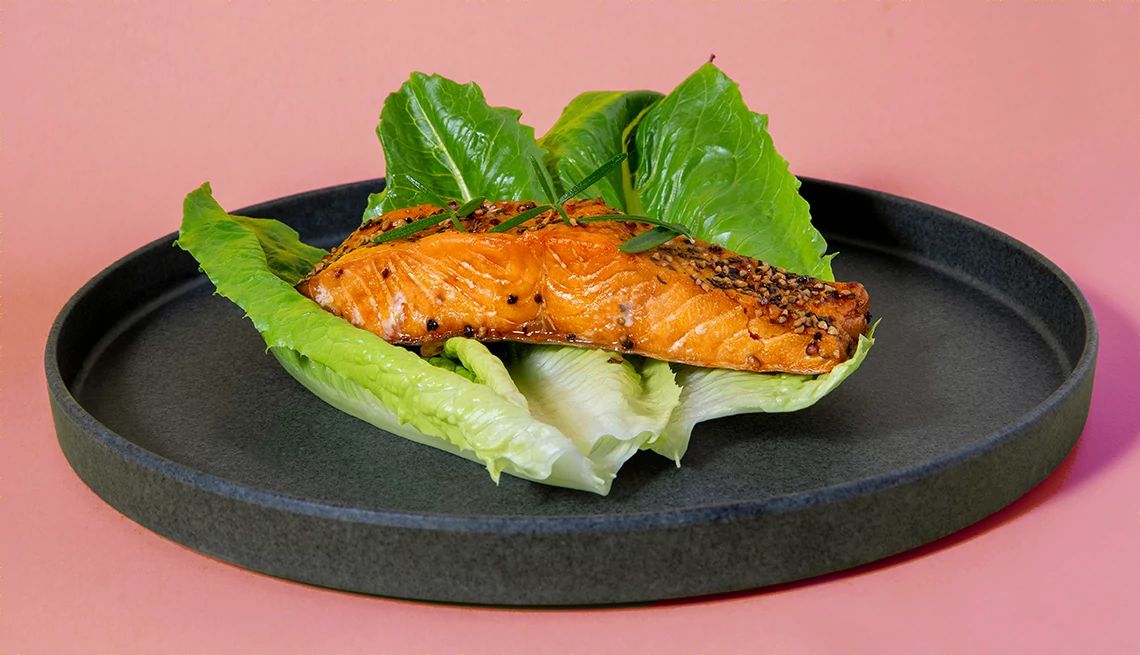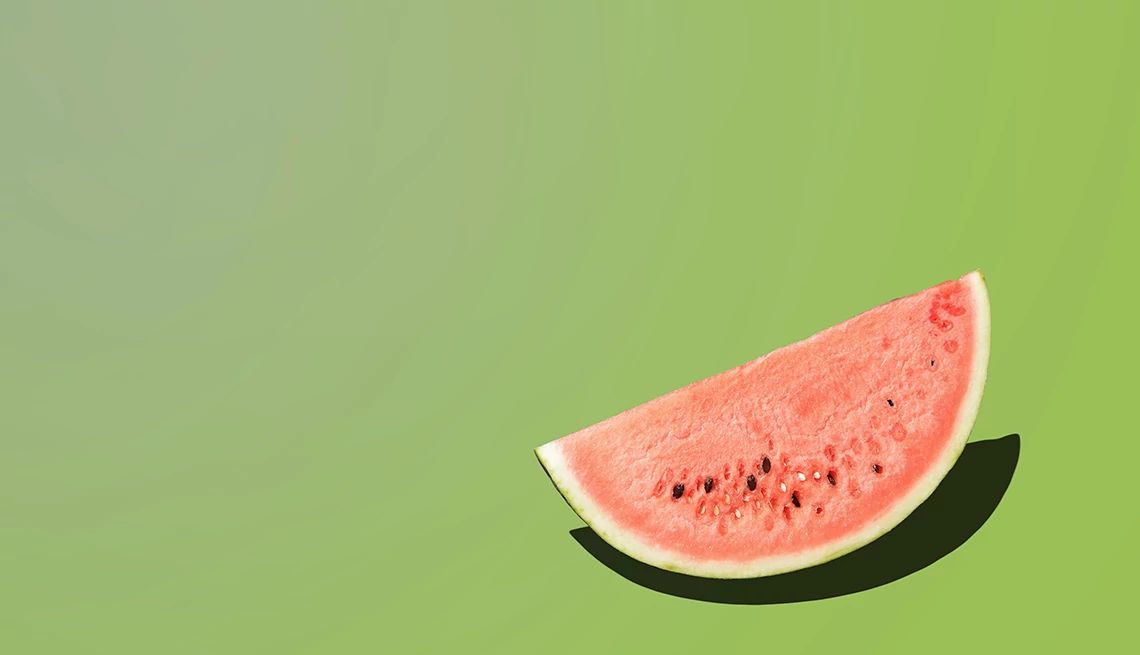AARP Hearing Center


Sure, it would be nice if you could down a serving of one of the foods named here and figure you’ve done your part in strolling down the road to losing weight and getting healthy. Alas, it’s not that simple. Losing fat is a complicated process. The foods listed here can help enhance fat loss, but they don’t make fat cells go up in smoke. They’re one part of the weight-loss puzzle. Consuming them helps control your appetite so that you’ll eat less, which, in turn, leads to weight loss. And, according to Johns Hopkins University, in addition to consuming these 11 foods, you should keep moving and lift weights to get in shape to live a healthier life.
1. Greek yogurt
Greek yogurt, with twice as much protein as other yogurts, is a sure bet to burn off some of that unwanted body fat. Why? The body burns more calories digesting protein than it does digesting carbs. If you’re spooning out a dish of Greek yogurt for breakfast, add some healthy fiber with a handful of fresh blueberries, blackberries or raspberries. These jewel-like fruits may help increase a feeling of fullness and reduce the number of calories your body absorbs.


2. Salmon
This delicate fish is rich in omega-3 fatty acids, which help boost your metabolism, improving your body’s ability to burn fat. Omega-3s may have a role in raising the body’s resting metabolic rate, thus contributing to weight loss. Researchers caution that further studies on the subject are necessary. Salmon also contains vitamin B-12, a nutrient the body cannot make itself. Studies have suggested that vitamin B-12 deficiency is linked to increased body fat and obesity. Just remember not to serve the salmon with high-calorie sauces and sides.
3. Blueberries
In addition, garden-variety blueberries may help prevent the weight gain that seems to come with age. They’re rich in naturally occurring plant chemicals called flavonoids. A long-term study published in the British Medical Journal tracked more than 100,000 men and women for multiple four-year time intervals. It concluded that eating foods rich in flavonoids, particularly anthocyanins, which are found in blueberries, was associated with less weight gain among men and women ages 27-65 who were studied for up to 24 years.






































































More From AARP
Your Weight in Your 60s: What It Means for Your Health
Discover some truths about those extra pounds and six effective weight-loss strategies to start today.
Beyond BMI: Medical Breakthroughs in Weight Loss
Explore the latest obesity medications and procedures
Everything You Thought About Middle-Aged Metabolism May Be Wrong
A new, large-scale study upends traditional thinking on midlife weight gain and more
Recommended for You